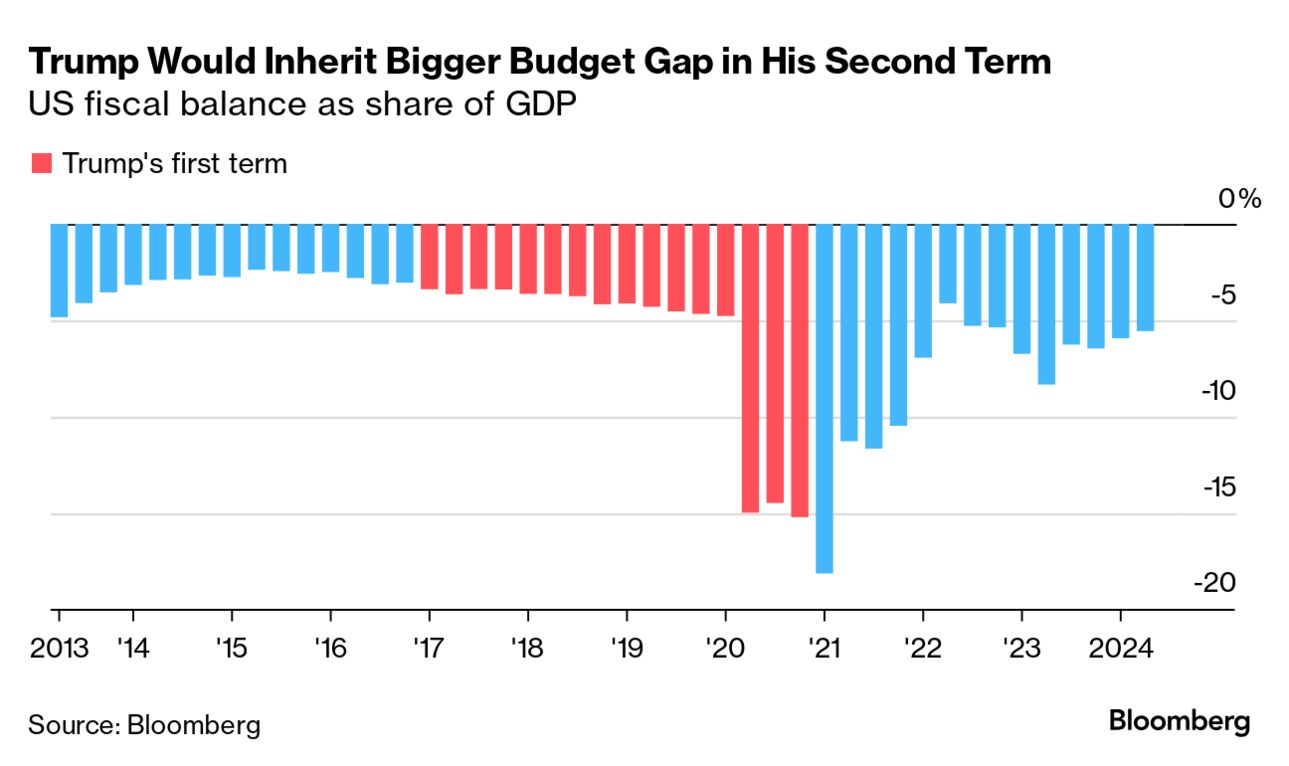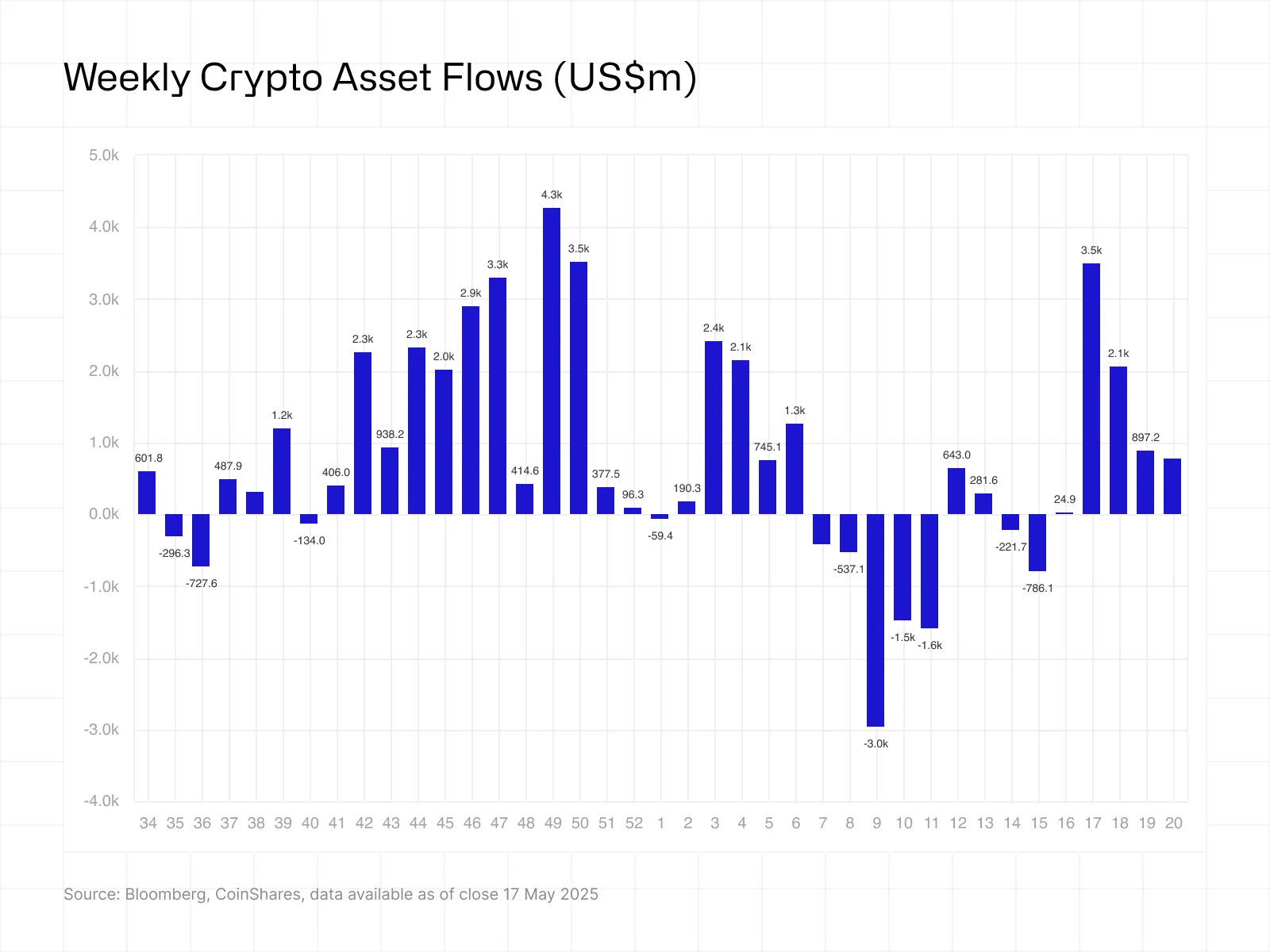[#title_feedzy_rewrite]
President Donald Trump’s return to the White House is reigniting debates across financial markets — especially in the world of crypto. As the Trump Bitcoin narrative gains traction, investors are closely watching how his policies, public statements, and political style might shape the future of digital assets.
His influence on traditional markets is well-documented, but his recent statements and actions have made the cryptocurrency community wonder: How could Trump’s resurgence impact Bitcoin (BTC)? This article examines the implications of Trump’s current presidency on Bitcoin, drawing from recent events, market sentiment, and expert analyses.
Trump’s Evolving Relationship with Bitcoin
President Donald Trump has had a complex and evolving stance on Bitcoin. In his first term (2017–2021), he was publicly skeptical of cryptocurrencies, famously tweeting in 2019 that Bitcoin was “based on thin air” and “not real money.”
Despite this, the crypto market thrived under his leadership, Bitcoin rose from roughly $1,000 in early 2017 to over $33,000 by January 2021, fueled by broader macroeconomic shifts and rising institutional interest.
Now in his second term, Trump’s tone has shifted. While he has not explicitly endorsed Bitcoin as a financial instrument, he has embraced blockchain-related ventures. His NFT collection – “Trump Digital Trading Cards”, sold out quickly and generated over 13,000 ETH in trading volume on OpenSea, reflecting his willingness to engage selectively with crypto technologies.

Moreover, Trump has made fewer negative remarks about Bitcoin during his current term. Some analysts interpret this as a strategic move to avoid alienating the growing number of U.S. crypto investors and blockchain entrepreneurs.
Although he still emphasizes the importance of U.S. dollar dominance, Trump’s evolving engagement with blockchain signals a more pragmatic, less combative stance on Bitcoin than in years past.
Trump, Inflation, and Bitcoin’s Safe Haven Status
One of the most significant economic themes under President Trump’s leadership has been his commitment to growth-driven fiscal policy, even at the risk of inflation. His administration’s continued advocacy for low interest rates, corporate tax cuts, and stimulus spending has raised concerns about long-term debt levels and potential erosion of the dollar’s purchasing power.
Recent inflation readings remain elevated in early 2025, with the Consumer Price Index (CPI) up 4.1% year-over-year in April – higher than the Federal Reserve’s 2% target. These macroeconomic pressures have reinforced Bitcoin’s appeal as a store of value among both institutional and retail investors.

Source: Haver Analytics
Bitcoin is often described as “digital gold” for its fixed supply and decentralized nature. In environments where traditional fiat currencies may lose value due to expansionary monetary policy, Bitcoin tends to see greater inflows.
The combination of fiscal stimulus and geopolitical uncertainty under Trump’s leadership has strengthened the narrative around BTC as a hedge against inflation.
As Trump ramps up infrastructure investments and tax incentives in his second term, some analysts argue that inflationary tailwinds could further accelerate Bitcoin’s adoption, particularly if the Federal Reserve remains slow to tighten monetary conditions.

Source: Bloomberg
Regulatory Approach in Trump’s Second Term
One of the most critical aspects investors are watching closely is Trump’s potential approach to cryptocurrency regulation. Trump’s previous administration had a mixed regulatory stance.
While the President himself expressed skepticism, his appointed SEC chair, Jay Clayton, took cautious yet largely permissive actions toward crypto markets, particularly in approving products like Bitcoin futures contracts.
Under Trump’s current administration, regulatory uncertainty may persist, given Trump’s general ambivalence towards crypto. However, market participants speculate that the broader Republican platform, emphasizing innovation and economic freedom, might mitigate excessive regulatory restrictions.
Moreover, some Republican lawmakers aligned with Trump, such as Senator Cynthia Lummis have been vocal supporters of Bitcoin. Their influence may lead to more favorable legislative developments.
However, Trump’s return to power has reignited scrutiny from agencies like the Treasury’s Financial Crimes Enforcement Network (FinCEN), especially if illicit crypto use becomes a headline political issue.
Trump’s Communication Style and Bitcoin Volatility
Trump is famously known for his market-moving statements and tweets, contributing significantly to short-term volatility in traditional markets. Cryptocurrencies, already highly sensitive to sentiment-driven trading, might experience increased volatility in reaction to Trump’s public comments and policy announcements.
For instance, any direct criticism or support from Trump regarding Bitcoin could trigger immediate, sharp movements in BTC’s price. Traders would likely brace for heightened volatility if Trump’s campaign gains further momentum.
During his presidency, Trump’s tweets affected everything from Federal Reserve policy to oil prices and Bitcoin was not immune.

A re-election could bring back this unpredictable communication style, forcing crypto investors to factor in not just economic data, but also political noise.
Bitcoin in Global Power Dynamics
Beyond domestic economic policies, Trump’s approach to international relations and sanctions could also indirectly impact Bitcoin. Trump’s administration previously imposed stringent sanctions on countries such as Iran and Venezuela, which subsequently boosted Bitcoin adoption as these nations turned to cryptocurrencies to circumvent restrictions.
According to a 2021 Chainalysis report, Venezuela and Iran were among the top countries by Bitcoin volume growth during periods of increased U.S. sanctions.

Bitcoin, with its censorship-resistant properties, often becomes a preferred medium of exchange under geopolitical stress.
Should Trump resume his previous aggressive stance on global trade and sanctions, Bitcoin might experience renewed interest as a geopolitical tool, both for sanctioned countries and those seeking neutral financial avenues.
Institutional Positioning in the Trump Era
Institutional investors, long regarded as key drivers of crypto market maturity, continue to adjust their strategies in response to Trump’s second-term economic policies. His administration’s emphasis on fiscal expansion, deregulation, and national competitiveness has renewed both interest and caution from large capital allocators.
According to CoinShares’ May 2025 report, digital asset investment products recorded over $2 billion in net inflows in just four weeks – 72% of which went directly into Bitcoin. This trend suggests that institutions are not only resilient in their crypto exposure but may also see Bitcoin as a macro hedge against potential volatility triggered by Trump’s aggressive fiscal stance.

A 2024 Fidelity Digital Assets survey echoed this sentiment, revealing that over 74% of institutional investors globally believe digital assets should be part of a well-diversified portfolio.

Trump’s second-term policies, especially those concerning trade, debt issuance, and interest rate pressure on the Fed are seen as catalysts for increased exposure to Bitcoin, particularly by hedge funds and asset managers looking to front-run inflation or dollar devaluation.
As political and monetary uncertainty mounts, many institutions are viewing Bitcoin not merely as a speculative asset, but as a foundational component in portfolio risk management during the Trump era.
Expert Perspectives on Trump’s Bitcoin Impact
Prominent analysts remain divided on how President Trump’s current term may influence Bitcoin. Some highlight the potential for short-term volatility tied to his unpredictable communication style and market interventions, while others focus on the longer-term economic shifts stemming from his inflationary policy posture.
Anthony Pompliano, a noted crypto investor and commentator, remarked in May 2025: “Trump’s economic agenda – anchored in growth and fiscal stimulus, may drive more investors toward hard assets like Bitcoin. In the past, we’ve seen BTC thrive under similar macro pressures.”
Conversely, economist Nouriel Roubini continues to warn against underestimating Trump’s skepticism of digital assets.
However, even Roubini admits the broader Republican environment may prove more innovation-friendly compared to the regulatory crackdowns seen under the Biden administration. This political realignment, some argue, could create a more fertile ground for digital asset adoption in the U.S.
Trump’s Embrace of NFTs and Crypto Innovation
Despite his earlier criticisms of digital currencies, President Trump has increasingly signaled a selective openness toward blockchain technologies. A pivotal example was the launch of his NFT series, “Trump Digital Trading Cards,” in December 2022.
The collection sold out within hours, and according to OpenSea data, it has since generated more than 13,000 ETH in trading volume, underscoring both its commercial success and cultural impact.
Now in his second term, Trump has not only refrained from direct criticism of crypto, but has also expressed interest in exploring blockchain for government transparency and campaign fundraising mechanisms.
Sources close to his administration have hinted at possible pilot programs leveraging tokenization to modernize financial infrastructure and digital identity systems.
While Trump remains cautious about decentralized currencies like Bitcoin replacing the U.S. dollar, his evolving engagement with tokenized assets suggests a more pragmatic and opportunistic view of the crypto ecosystem.
Many analysts see this shift as a strategic attempt to align with the growing demographic of Web3-savvy voters and entrepreneurs.
Conclusion
President Trump’s second term has reshaped the landscape for Bitcoin, blending fiscal expansion, regulatory ambiguity, and selective engagement with crypto innovation. While uncertainty persists, Bitcoin appears increasingly positioned as both a hedge against inflation and a strategic asset amid evolving global power dynamics.
From heightened volatility driven by Trump’s communication style to a softening stance on blockchain innovation, the current administration’s approach continues to influence institutional positioning and public sentiment around Bitcoin.
Read more: Trump Crypto: Everything You Need to Know About Donald Trump’s Involvement in Crypto
The post Trump Bitcoin: How Trump’s Return Could Impact the Bitcoin Market appeared first on NFT Evening.

